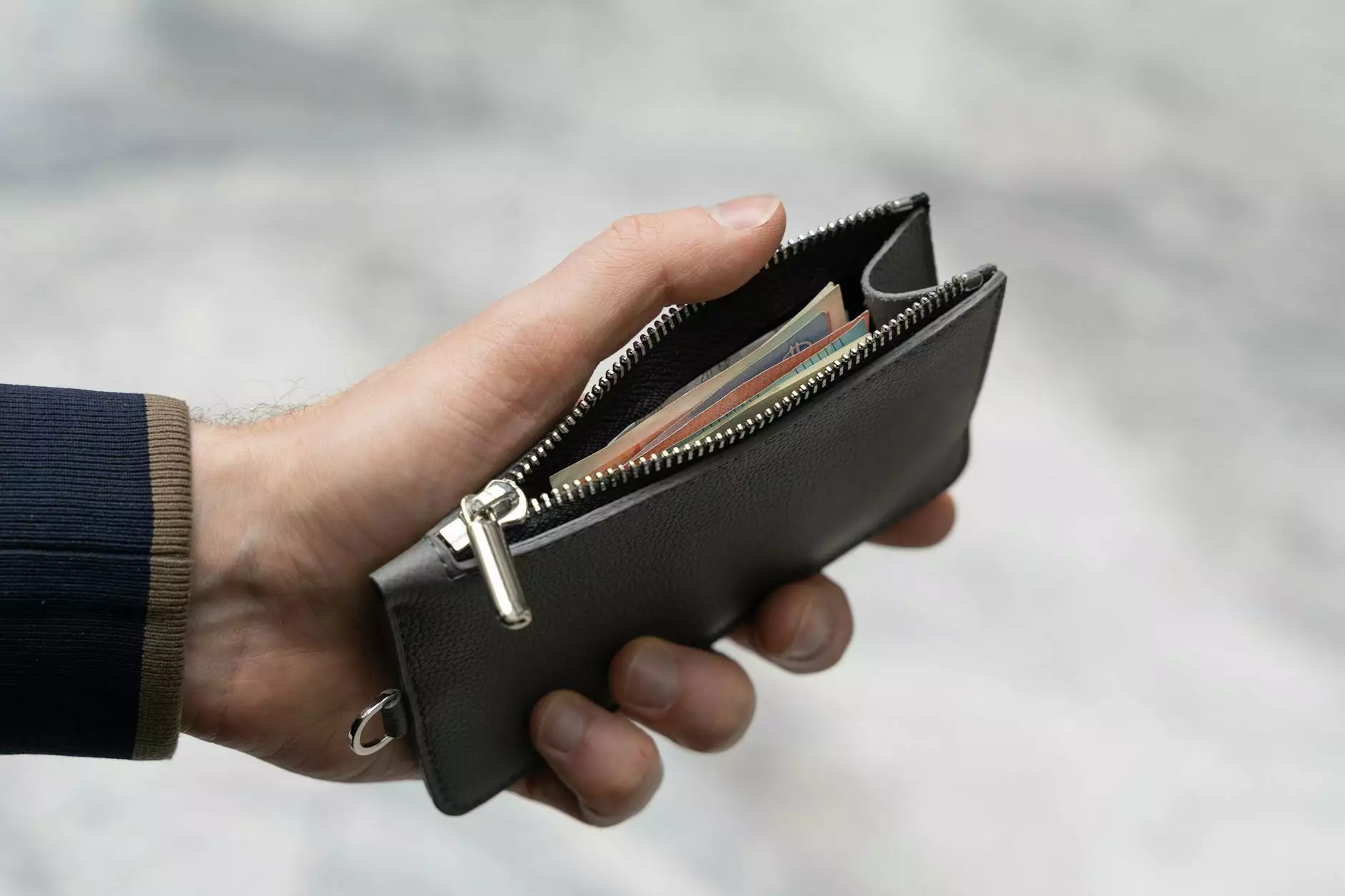Understanding Bruxism and the Importance of an Occlusal Guard

Bruxism, often unnoticed, can lead to significant oral health issues if left unaddressed. It refers to the habit of grinding or clenching teeth, often occurring during sleep or stressful situations. One of the most effective preventive measures against the damage caused by bruxism is the use of a bruxism occlusal guard. In this comprehensive guide, we will delve into what bruxism is, its symptoms, and how an occlusal guard can be a game-changer in maintaining your dental health.
What is Bruxism?
Bruxism is a common condition affecting people of all ages, characterized by the involuntary grinding and clenching of teeth. It can happen during the day or night, often unbeknownst to the individual. While the exact cause of bruxism remains unclear, it is typically associated with several factors:
- Stress and Anxiety: High-stress levels can lead to muscle tension and teeth grinding.
- Misaligned Teeth: Irregularities in the bite can lead to bruxism, as the teeth do not fit together properly.
- Sleep Disorders: Individuals with sleep apnea or other sleep issues may experience increased bruxism.
- Lifestyle Factors: Excessive consumption of caffeine, alcohol, and tobacco can heighten the likelihood of teeth grinding.
Signs and Symptoms of Bruxism
- Teeth Grinding Sounds: You may hear a grinding noise during sleep.
- Jaw Pain or Soreness: Frequent clenching can lead to discomfort in the jaw muscles.
- Worn Tooth Surfaces: Excessive grinding can wear down tooth enamel, leading to sensitivity.
- Headaches: Tension from grinding can result in headaches, particularly in the temples.
- Facial Pain: Discomfort in the face or jaw can be a direct result of bruxism.
The Importance of a Bruxism Occlusal Guard
A bruxism occlusal guard, commonly known as a night guard, is a custom-fitted dental appliance designed to protect your teeth from the damaging effects of grinding and clenching. Here are some compelling reasons why investing in an occlusal guard is crucial:
1. Protection Against Dental Damage
The primary function of a bruxism occlusal guard is to prevent wear and tear on your teeth. Over time, grinding can lead to:
- Chipped or Cracked Teeth: Protect your teeth from breaking.
- Worn Down Enamel: Safeguard the vital protective layer of your teeth.
- Loss of Tooth Structure: Maintain the integrity of your teeth for long-term oral health.
2. Alleviation of Jaw Pain and Discomfort
Wearing an occlusal guard can help mitigate the strain on your jaw muscles. It redistributes the forces exerted during grinding, ultimately leading to:
- Reduced Joint Pain: Easing the stress on the temporomandibular joint (TMJ).
- Less Muscle Tension: Relaxing the muscles surrounding the jaw.
- Better Quality Sleep: Minimizing disturbances caused by grinding can improve overall sleep quality.
3. Improved Dental Alignment
Bruxism can exacerbate issues with teeth alignment. A customized occlusal guard can assist in:
- Encouraging Proper Alignment: Keeping teeth properly aligned while you sleep.
- Preventing Further Misalignment: Stopping the worsening of existing dental issues.
4. Custom-Fit for Comfort
Unlike over-the-counter options, a bruxism occlusal guard is specifically designed for your dental structure. Custom-fitting ensures:
- Comfort While Wearing: Allowing for better sleep without discomfort.
- Effective Protection: Optimal coverage to safeguard teeth.
How is an Occlusal Guard Made?
The process of obtaining a bruxism occlusal guard usually involves the following steps:
- Dental Consultation: Schedule an appointment with your dentist to discuss symptoms and concerns.
- Mouth Impressions: Your dentist will take impressions of your teeth to create a model.
- Fabrication: The guard is custom-fabricated based on the impressions taken.
- Fitting: Once ready, your dentist will fit the occlusal guard, ensuring comfort and effectiveness.
Types of Bruxism Occlusal Guards
There are various types of occlusal guards available, tailored for specific needs:
- Soft Night Guards: Made from soft materials, ideal for mild to moderate bruxism; provides comfort and cushioning.
- Hard Night Guards: More rigid, suitable for severe bruxism; offers robust protection and durability.
- Dual-Lamina Night Guards: Combines both soft and hard materials for comfort and protection; adaptable to various levels of bruxism.
Frequently Asked Questions (FAQs)
1. How Long Should I Wear My Occlusal Guard?
It is recommended to wear your occlusal guard nightly while sleeping. For some, daytime wear may also be beneficial depending on the severity of bruxism.
2. How Do I Clean My Occlusal Guard?
Regular cleaning is essential. Rinse it with cool water after use, brush it gently with a toothbrush, and use a mild soap. Avoid using hot water to maintain its shape.
3. Can I Get Used to Wearing an Occlusal Guard?
Initially, it may take some time to adjust to the feeling of wearing an occlusal guard. Most people adapt within a few nights, and the benefits in terms of pain relief and tooth protection are significant.
Conclusion
Bruxism is a often underreported condition with potentially serious implications for your oral health. Utilizing a bruxism occlusal guard can safeguard your teeth from damage, alleviate discomfort, and vastly improve your quality of life. If you suspect you are suffering from bruxism, consult with your dentist to explore your options. Protect your smile and prevent pain by investing in an occlusal guard today!
For more information about dental care and to schedule an appointment, visit medentalsf.com.









